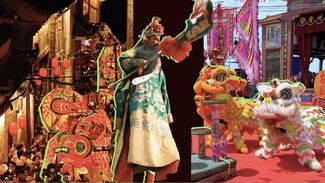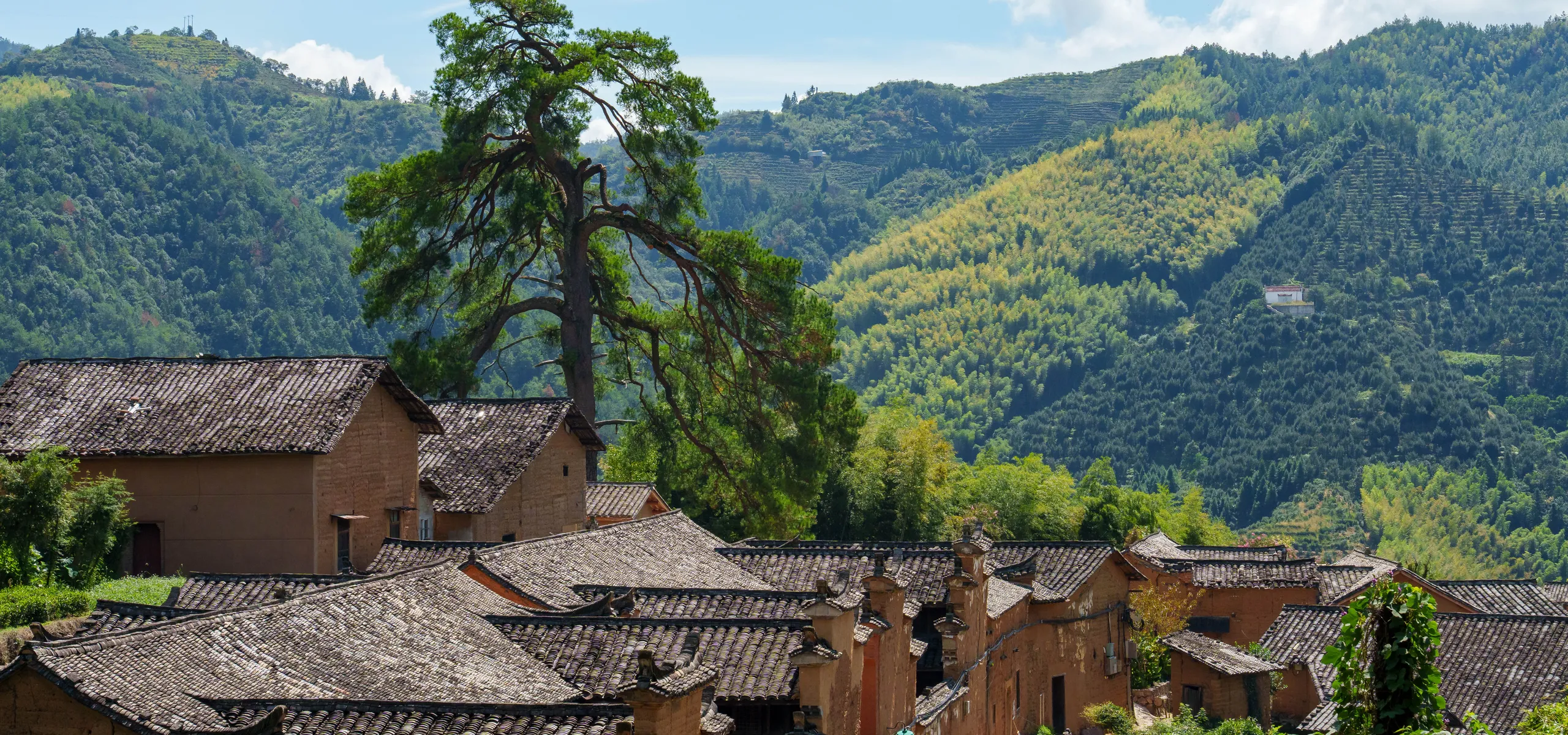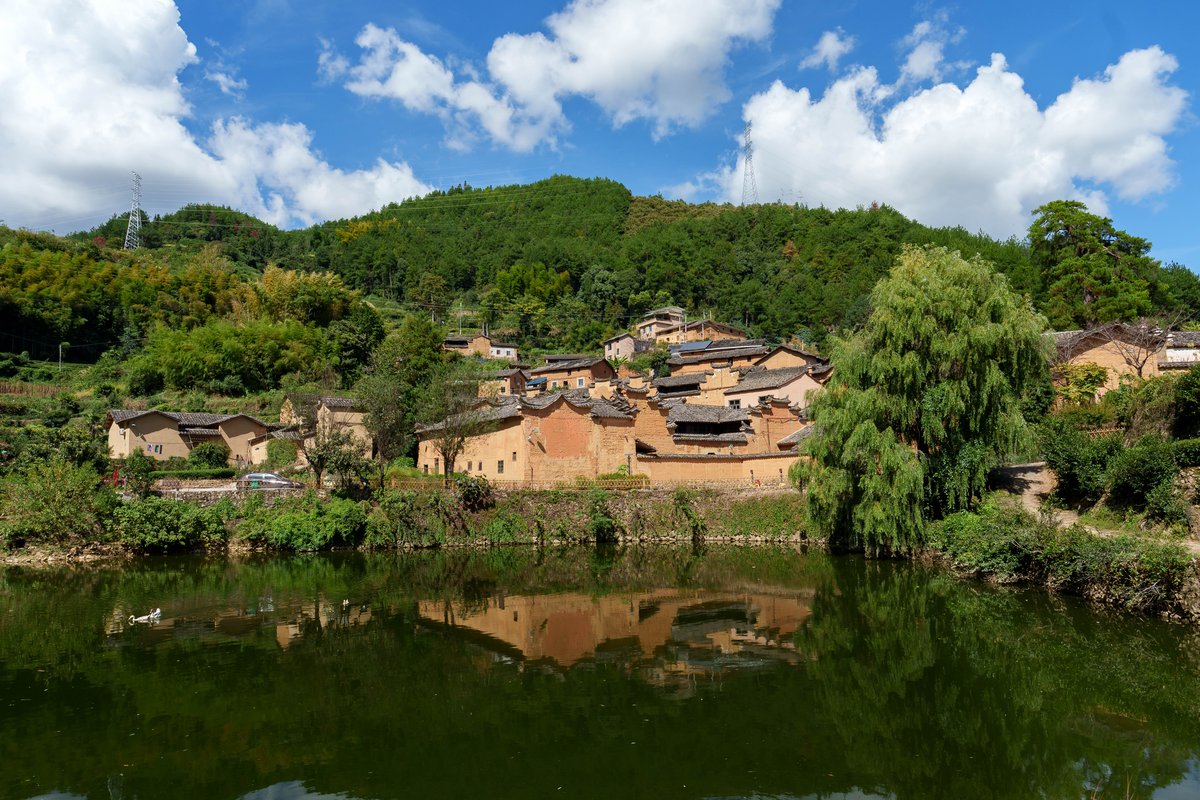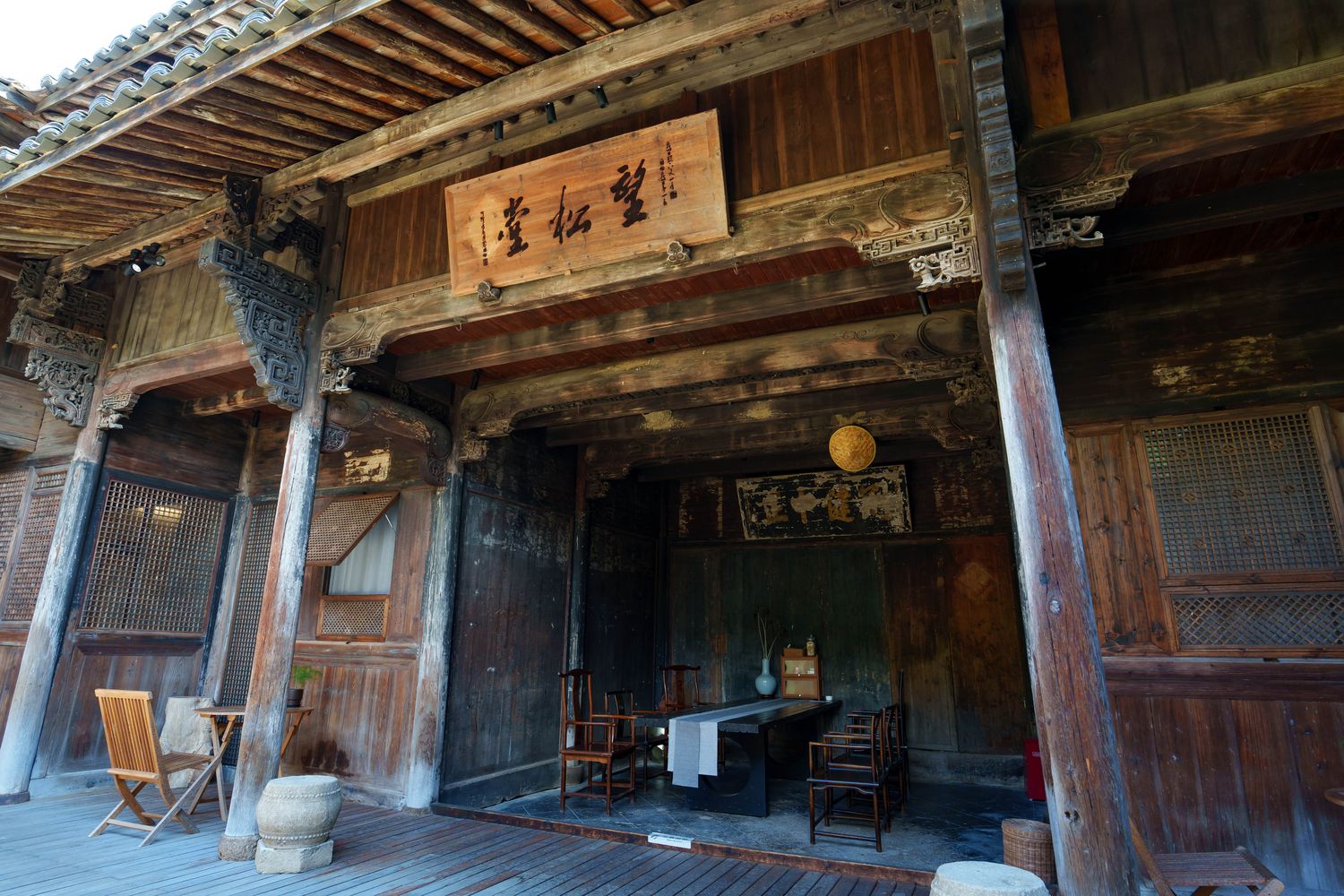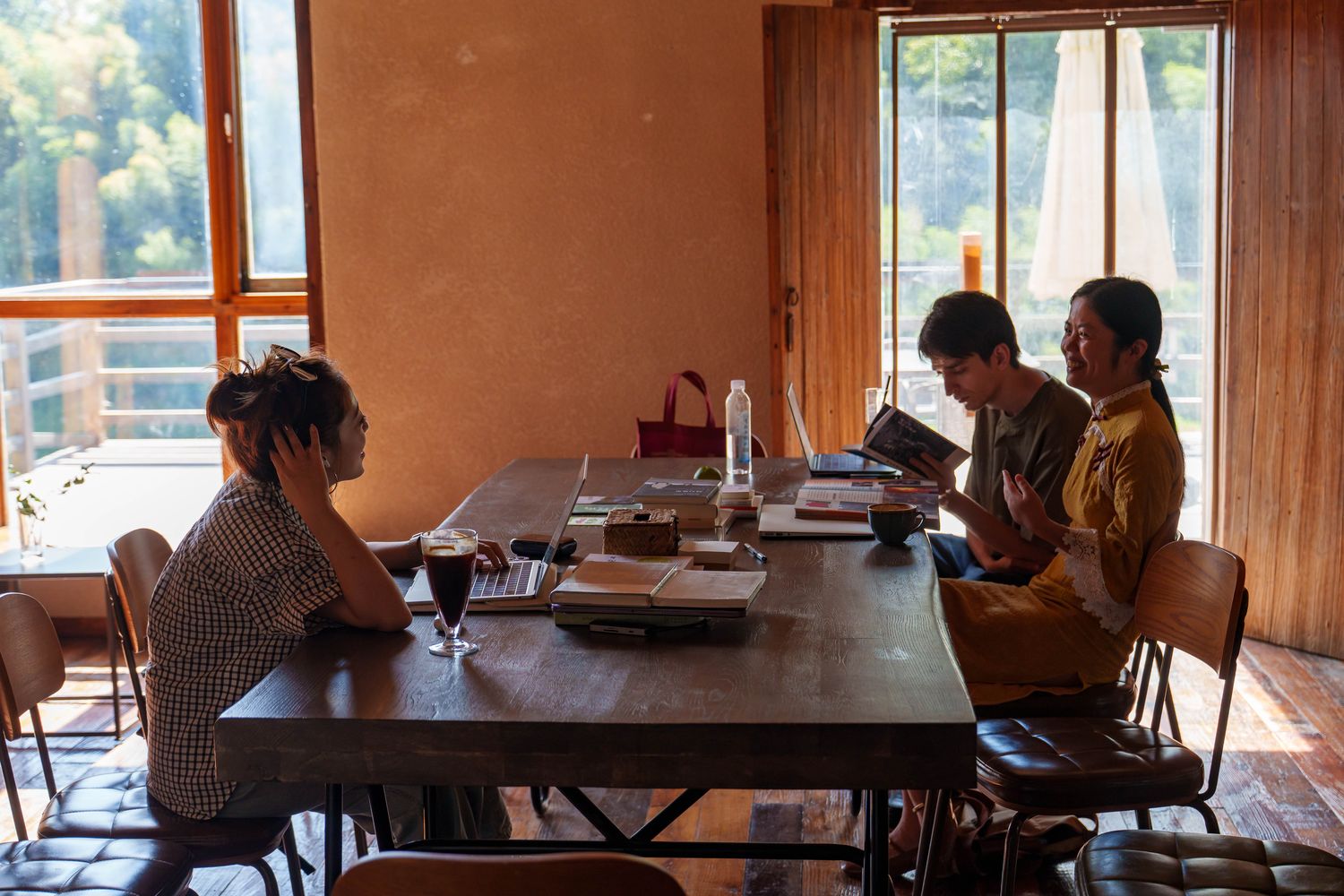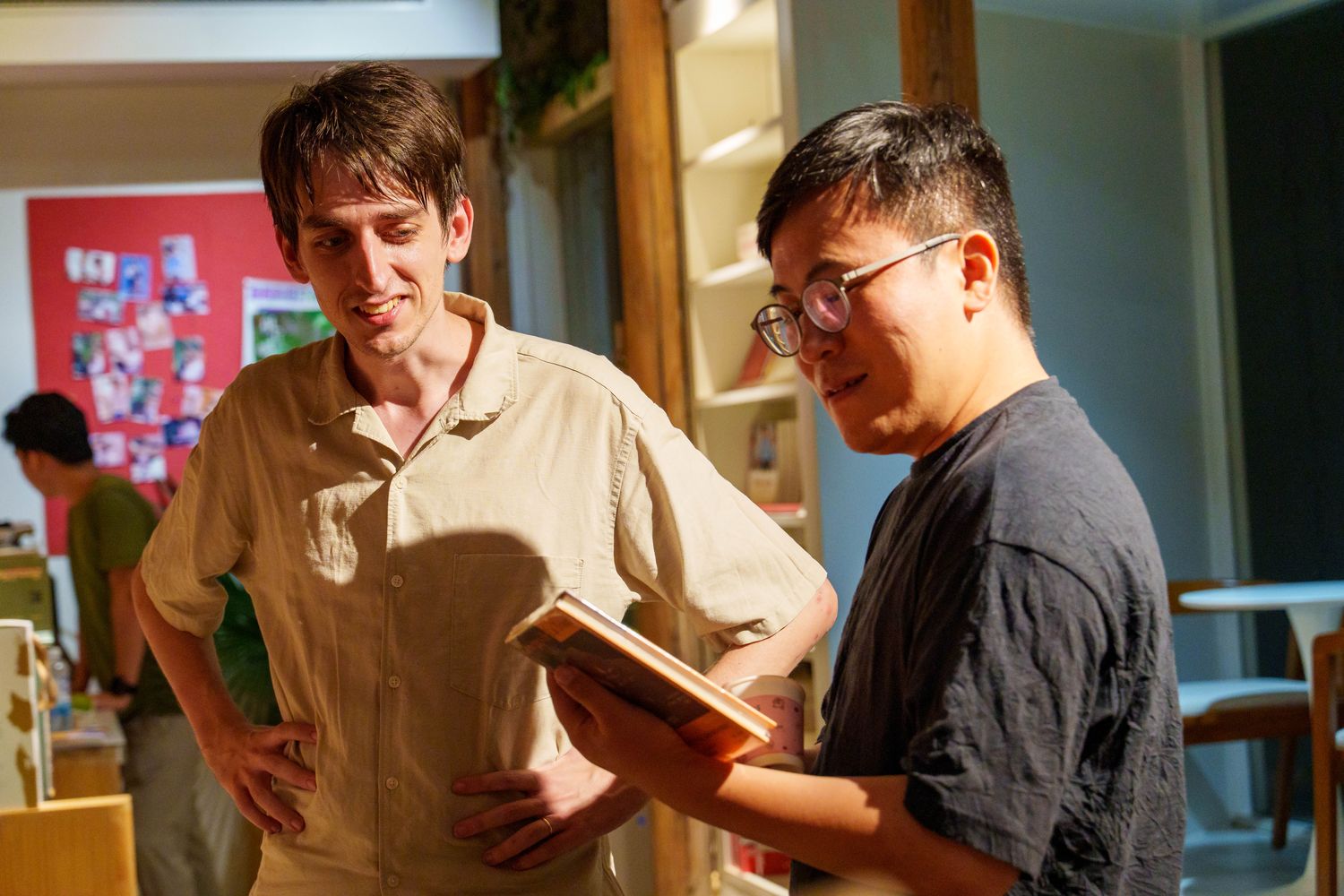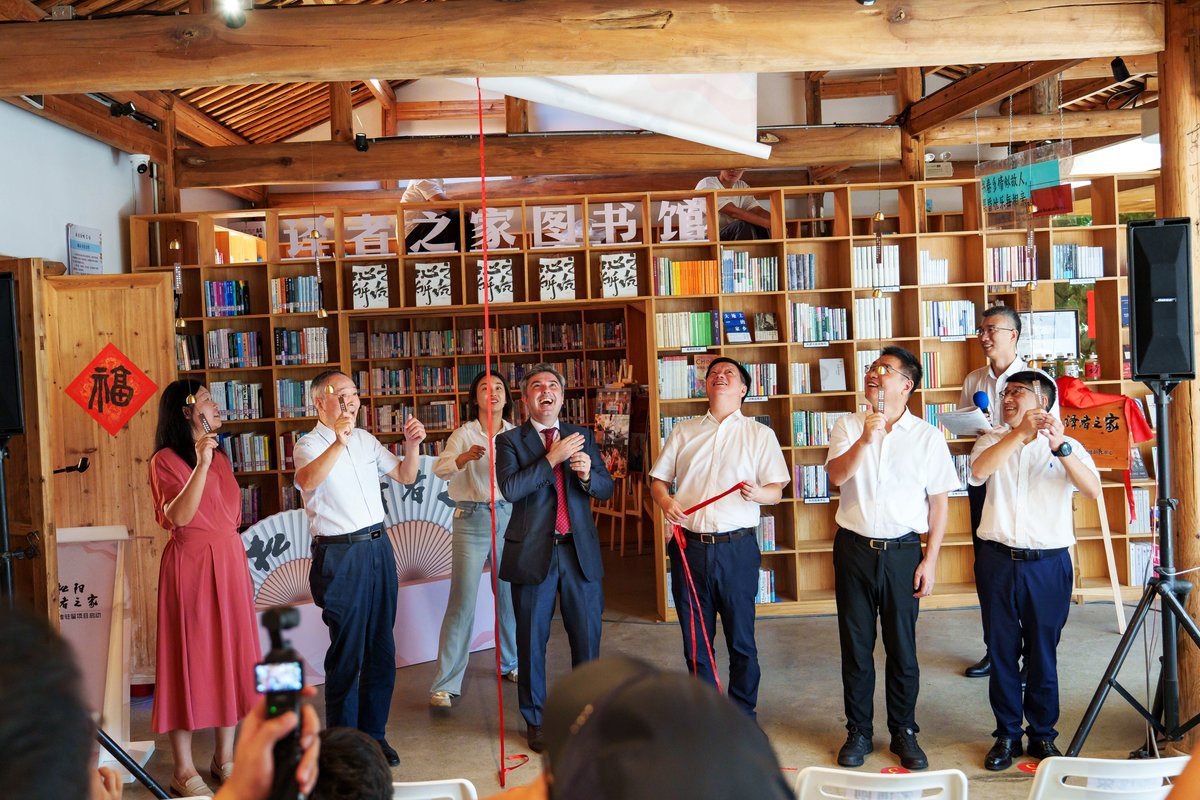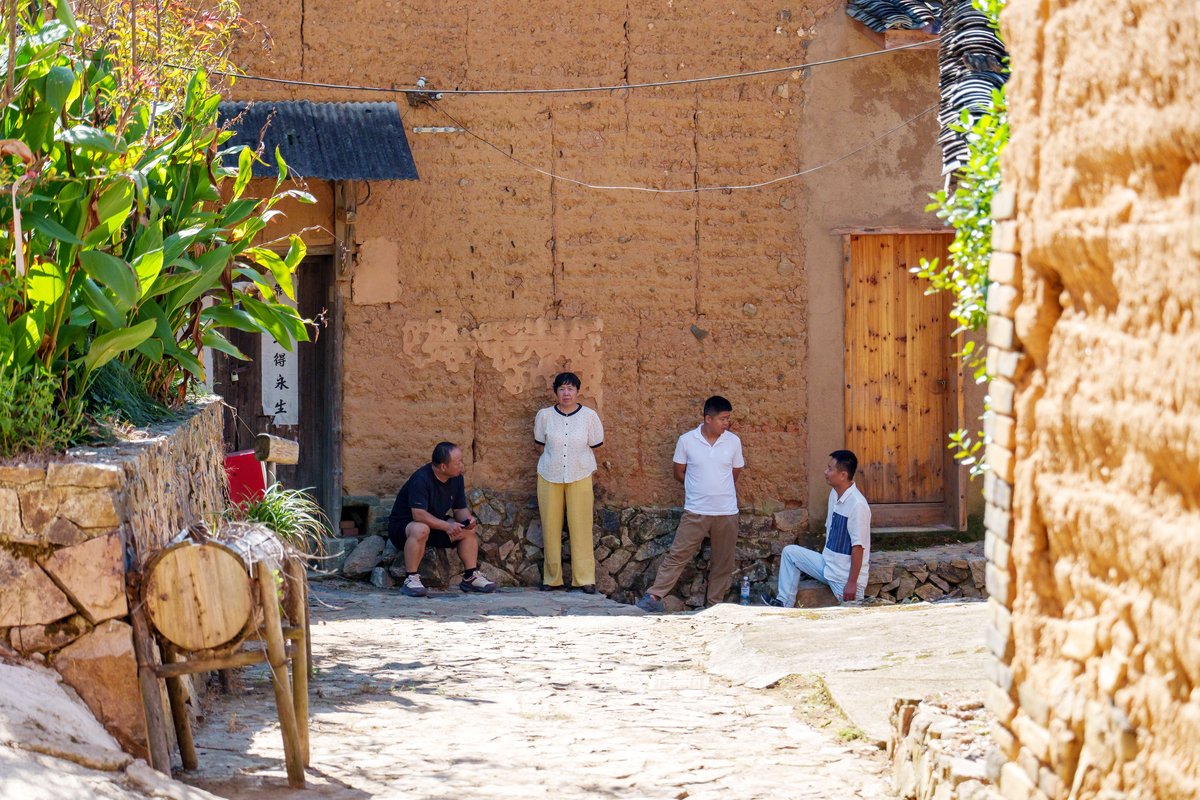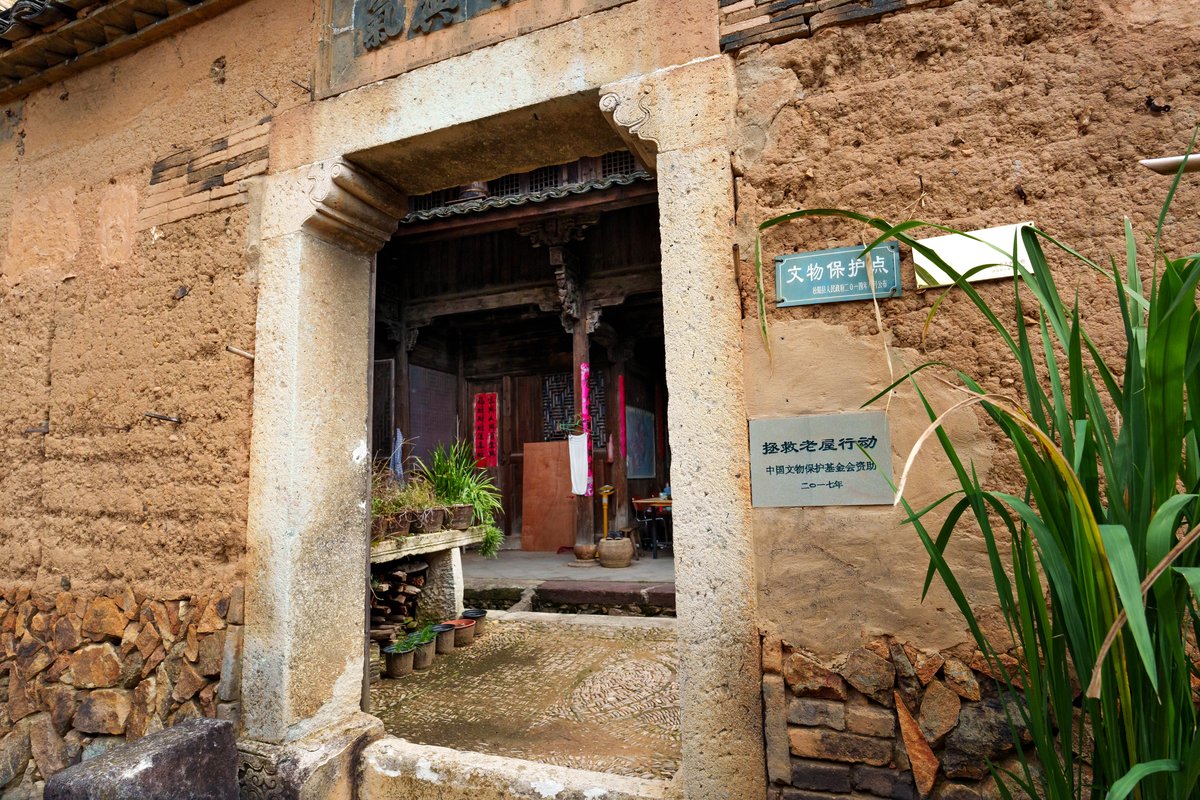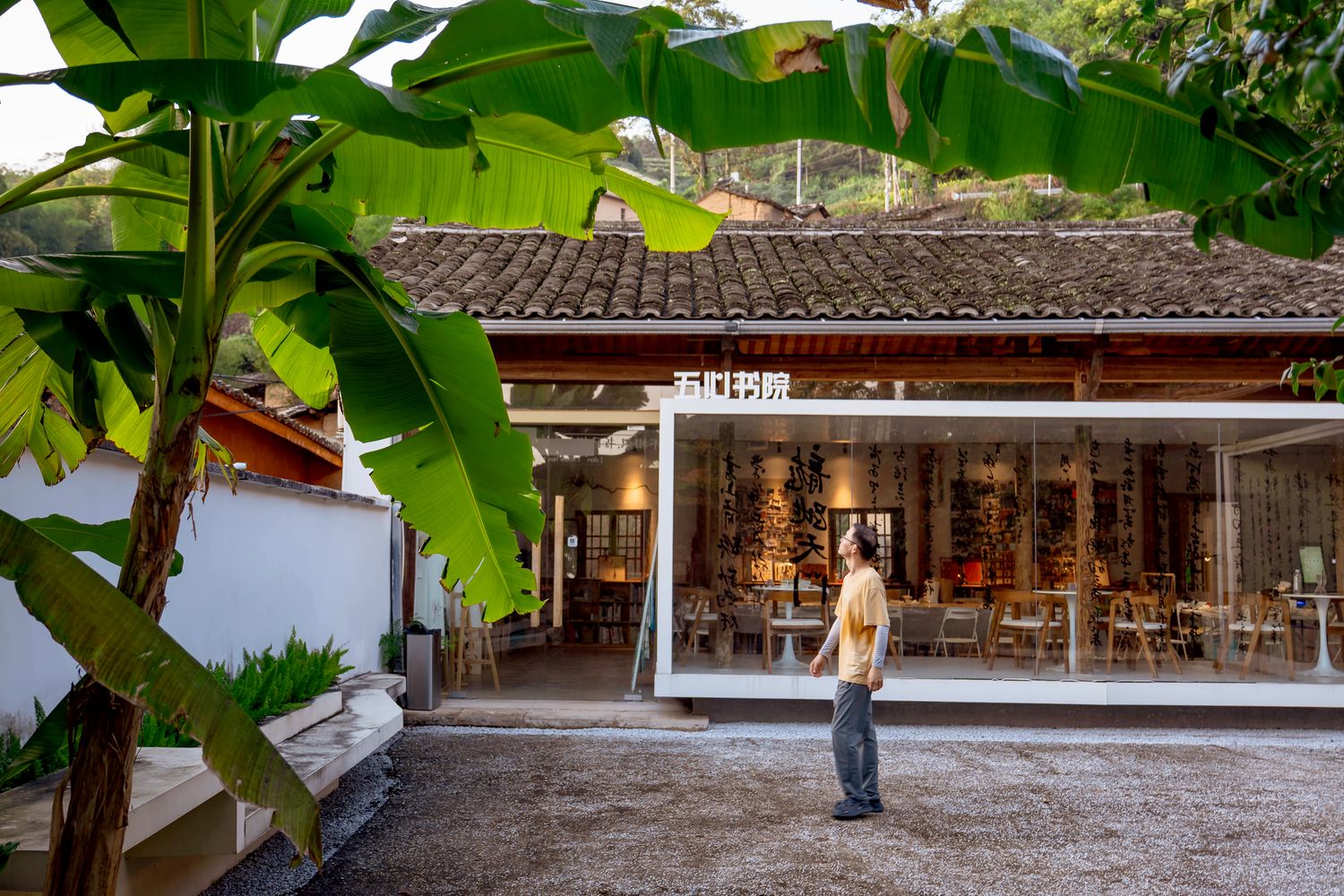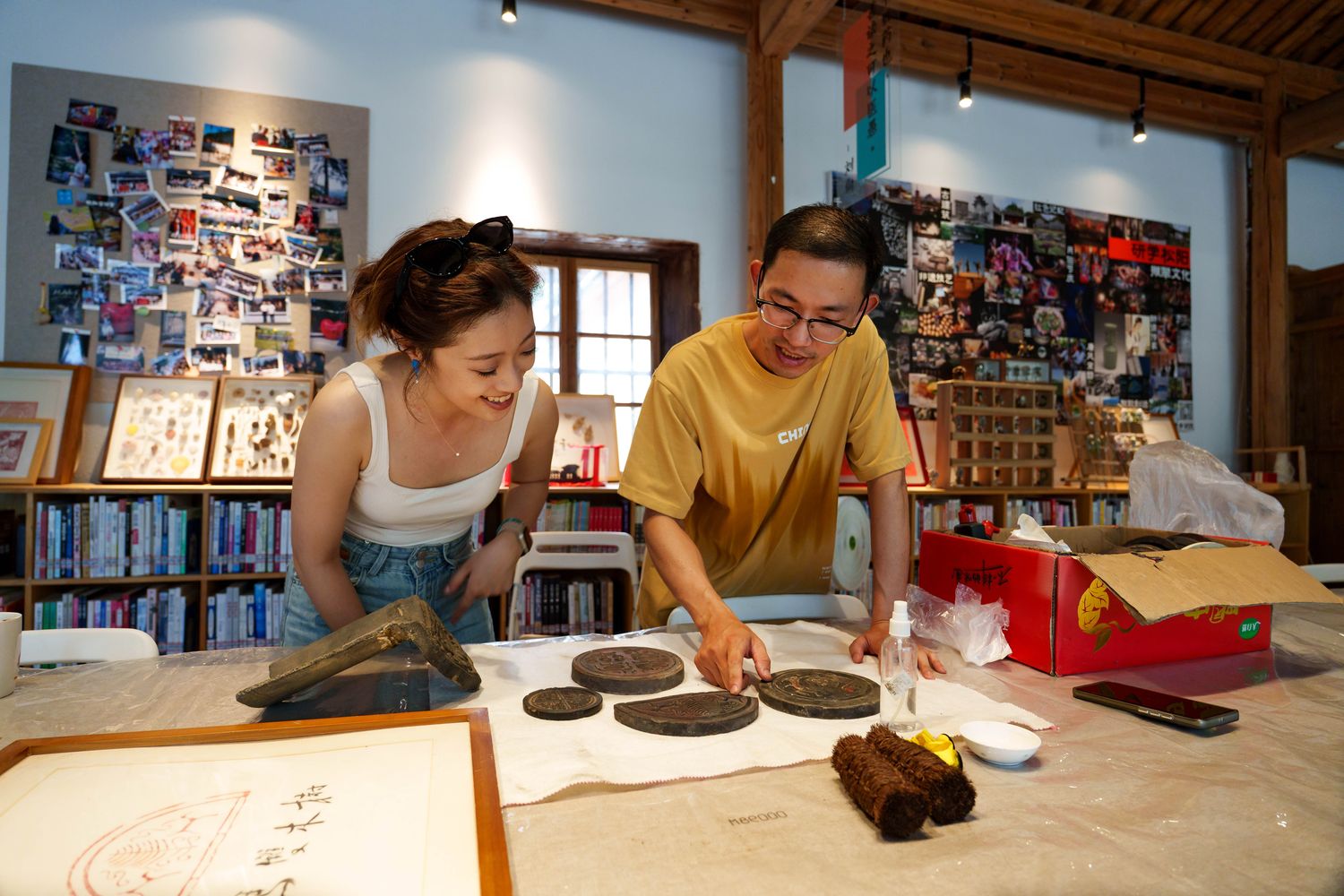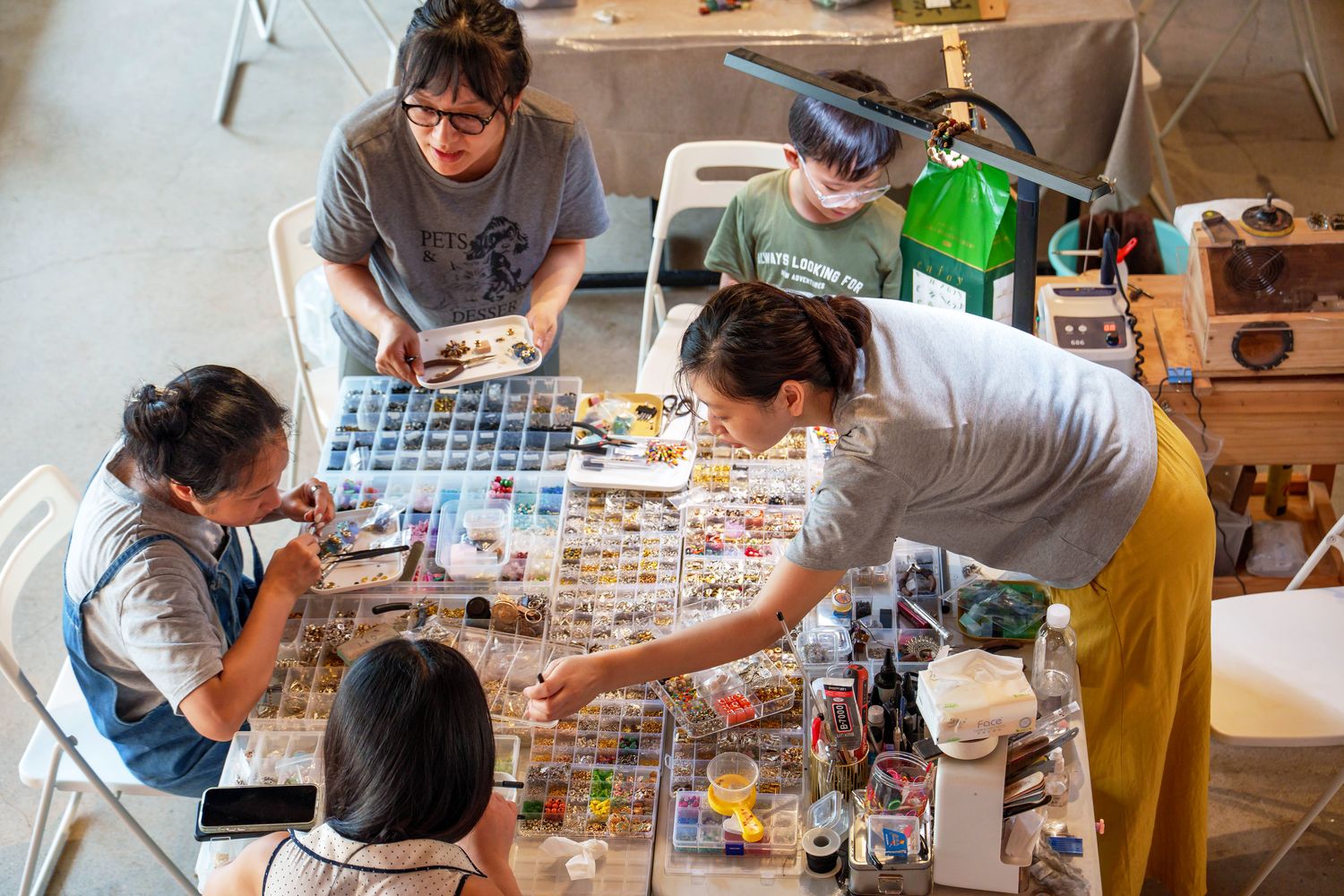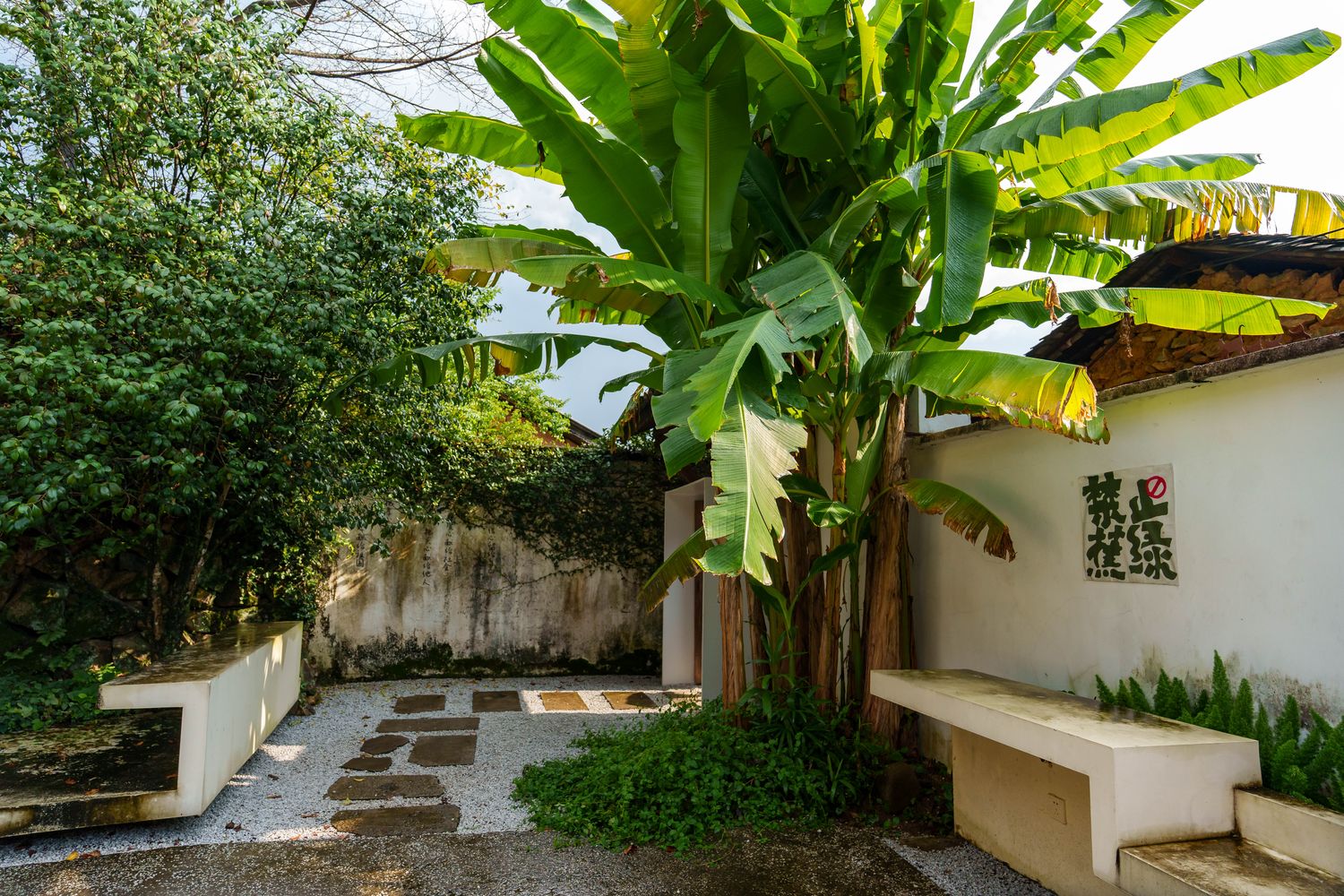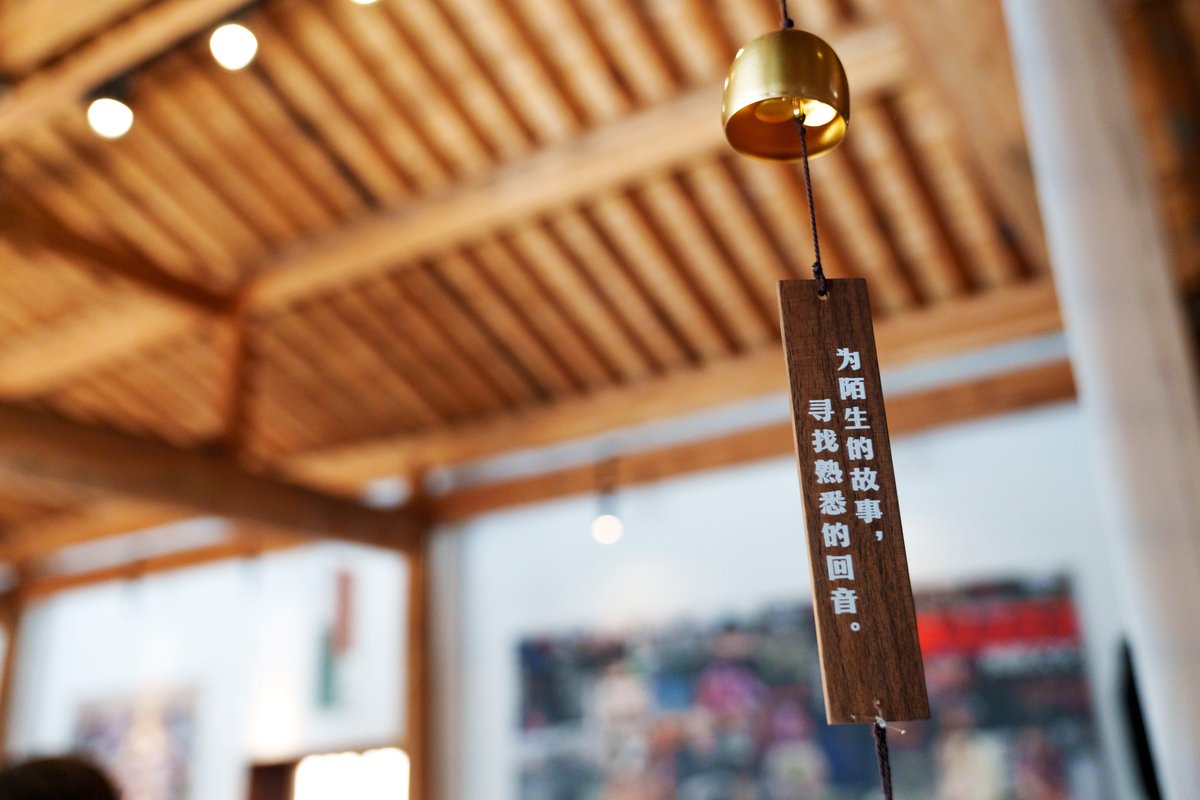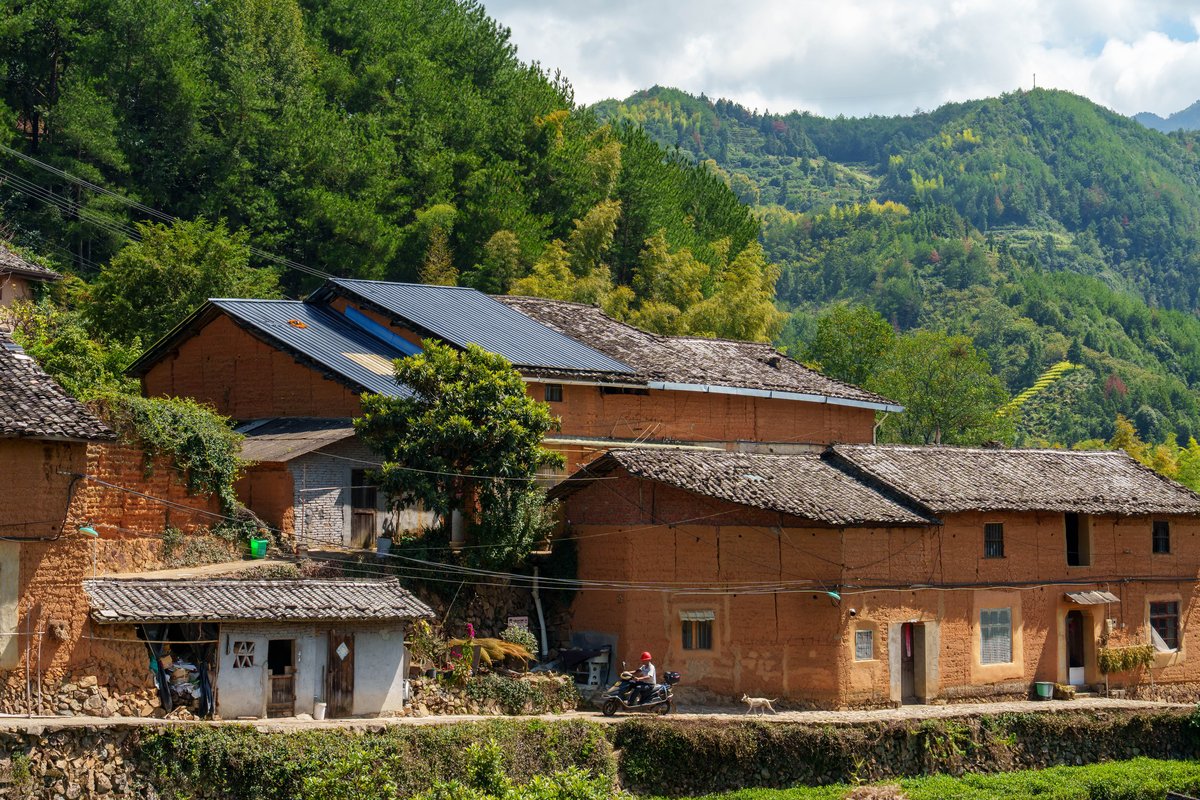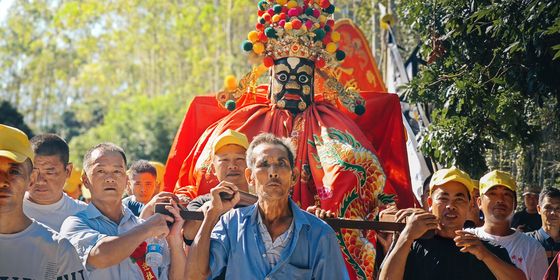From century-old villages to China’s first translator residency, Songyang is drawing young entrepreneurs and global visitors while preserving its cultural heritage
In recent years, domestic travel has surged across China, turning tourism into a vital new economic driver. Nestled in the mountains of eastern Zhejiang province, Songyang was once a largely agricultural county. It is now hailed by China National Geographic as the “last secret land of Jiangnan” for its traditional villages, drawing around 200,000 visitors during peak travel seasons like the National Day and Labor Day holidays. Here, centuries-old homes, time-honored crafts, and a slow-paced way of life remain remarkably well preserved, offering urbanites from nearby cities such as Shanghai, Hangzhou, and Suzhou a much-needed escape.
This summer, the village welcomed a unique group of visitors: translators, who came for longer, more culturally enriching stays through a selective application process. The Songyang Translator’s Home, China’s first-ever translator residency program, opened in Youtian, a small village under Songyang. It welcomes translators from across China and around the world to stay in its Qing-dynasty (1616 – 1911) home, now operating as a local minsu (民宿, similar to a bed-and-breakfast), for up to eight weeks at a time, with housing subsidized by the program.
“Translation can be a solitary endeavor, but the Translator’s Home gives these language professionals an opportunity to connect, collaborate, and share ideas,” says Huang Hong, a professor and translator in the French Department at Nanjing University, who initiated the residency program.
Having grown up in Songyang from kindergarten through high school, Huang hoped to find a meaningful way to give back to her hometown. The idea for a residency program struck her during a field trip there this past April. With the support of the local government, the program entered its pilot phase in August and officially launched on September 30—International Translation Day.
Long before the residency program, Songyang was already weaving historical preservation and cultural entrepreneurship together to shape a new identity.
“Most houses in the village are still made of wood, with yellow rammed-earth walls,” says Wu Jie, a graphic designer and co-owner of Wuxin Bookstore in Youtian. “These walls are built by packing damp clay between wooden boards and hammering it layer by layer—a centuries-old building tradition.”
Like many other villages in China, Youtian had been hollowed out over the years, with mostly elderly residents remaining. Wu, now in his 30s and a Songyang native, is part of a new wave of young people returning to their hometown to launch businesses, aided in part by the local government’s “Saving the Old Houses” program, which aims to restore the village’s iconic homes.
His Wuxin Bookstore, which opened in 2023 and also doubles as a coffee shop and workshop space, occupies a former elementary school dating back to the early Republican era (1912 – 1949). “It’s a collaboration with the county library. They funded the renovation, we lease the space from the village, and we’ll repay the renovation cost over 20 years,” Wu explains.
Outside peak travel seasons, Youtian is quiet and serene, in contrast to its better-known neighboring villages that draw larger weekend crowds—a calm setting that’s ideal for focused and reflective work.
Since the residency program’s launch, about two dozen translators from around the world have been accepted, over half of whom have already completed their residency. “Through their on-the-ground experiences in Youtian, both Chinese and international translators not only get to know the village itself, but also explore the surrounding areas firsthand and gain a deeper understanding of Songyang county—a vibrant place where classical heritage and modern development coexist organically,” says Huang. “As unique cultural bridges, translators can help people around the world to discover the life and culture of China, as well as that of Youtian and Songyang.”
The launch of the program is also good news for local businesses, bringing a small but steady stream of customers. “Even if [translators stay] only sporadically, the rooms would have people staying in them,” says Wu, who sometimes doubles as a cook for the minsu. “There’s a saying around here: if a house is empty, it’s more likely to fall apart. But as long as people keep living in it, it usually stays in good shape. I’m not sure why, but the older generation says it’s because the house ‘has life (有人气)’ when it’s occupied.”


